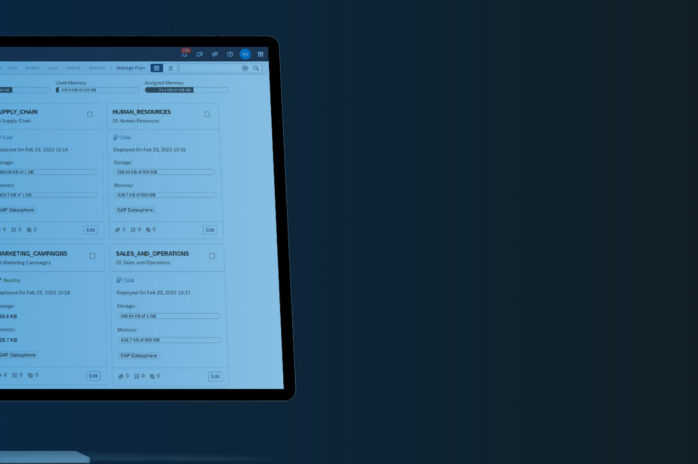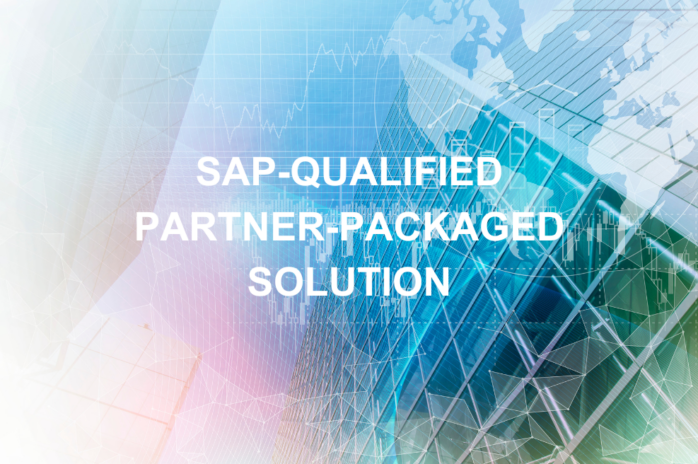The average lifespan of Fortune 500 companies has shrunk from 75 years to less than 15 years today over the last half a century.
Such a startling fact prompts the question of why are businesses living such shorter lives.
A clue to at least part of the answer may be found in a study by KPMG where 70% of CEOs from top-performing companies revealed that a cloud-based ERP and emerging reporting technologies will have the greatest effect on the future role of the CFO.
So, if cloud-based ERP and reporting solutions are viewed as a priority by CEO’s to enhance the longevity of their business, one could argue that cloud software providers like SAP could actually help business on the road to recovery post pandemic.
Yet the research by KPMG also revealed that barely half of CFOs are doing a good job of exploring and implementing innovative technology. Let’s now take a look at why these technologies are viewed as so important by CEO’s and what benefits CFO’s can hope to gain from embracing cloud technologies.
Incorporating the power of ERP into affordable and fast to deploy cloud solutions
ERP is no longer the complex and expensive proposition it once was. Modern solutions have evolved for the cloud, making them more accessible, easier to implement and manage than before.
Major ERP vendors like SAP have be enable to synthesise decades of market experience into solutions that scale to the requirements of fast growing small and medium-sized companies. As the cloud has matured these systems have become almost as powerful as the heavy-duty on-premise systems large enterprises are using – but have become less expensive, faster to deploy, and with a lower total cost of ownership (TCO).
Cloud deployment minimises the capex required around IT investment and saves time on software maintenance. Efficiency in deployment and training through intuitive user interfaces also cut down on the complexity and time required to manage ERP. That means businesses of all sizes can acquire ERP without additional worries about managing hardware, software and installing disruptive upgrades.
Creating value – the benefits of intelligent ERP
SAP’s cloud ERP brings benefits to innovate amid a period of digital disruption:
- Faster time to value. With cloud implementation, ERP can be deployed across the business in weeks instead of years. Intuitive interfaces help accelerate adoption with minimal formal training. That means resources eaten up by manual processes and managing complexity can be redirected to strategy and embracing future capabilities.
- Access to innovation. Deploying ERP in the cloud can deliver multiple innovation cycles each year, giving businesses access to cutting-edge technologies without disrupting core business functions.
- Agile deployment. Cloud ERP offers flexibility on where and when you deploy your solution. Simplified configuration and implementation packages make it easy to deploy and integrate ERP with your existing systems.
CFOs gain the ability to scale their system requirements quickly against changing or surging demand. Cloud ERP also gives every user the ability to access the same live version of business data, and greater confidence in data integrity and backups to prevent lost productivity from system outages.
But regardless of whether CFOs embrace on-premise or cloud, all the traditional benefits of ERP apply such as increasing efficiency, revealing business insights and enabling more informed decision making.
Our clients tell us that their move to the cloud happens even faster if the solution is implemented in partnership with specialist cloud ERP consultants who ‘get’ the practical and procedural requirements of complex businesses and will work with them to anticipate and avoid potential delays.
While cloud implementations are almost always faster and less fraught than on premise – 12 to 16 weeks versus months and years – it helps to have decades of market experience to draw from, and get it right first time, every time.











































































